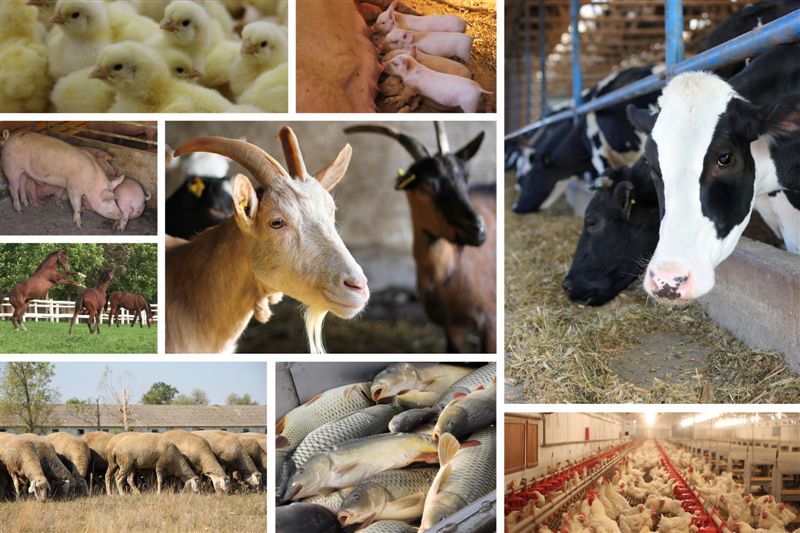Supporting sustainable livestock production across the globe

Representatives from the international feed industry sector and the Food and Agriculture Organisation (FAO) have reaffirmed their commitment to work together to advance safe, nutritious and sustainable feed and food production.
At a meeting in Rome at the end of November, International Feed Industry Federation (IFIF) chairman Ruud Tijssens and director of Animal Production and Health Division, Thanawat Tiensin, spoke of ongoing partnerships and achievements.
Tiensin stressed the “vital role of the feed and livestock sector in driving sustainable transformation”, highlighting the importance of partnerships across public, producer, private and sectoral boundaries.
Several topics were discussed at the meeting, which highlighted the collaborative efforts of the IFIF and FAO. These included:
- The role of animal feed in sustainable livestock sector transformation including the IFIF’s ‘Road to 2050’
- Codex Alimentarius and feed safety standards, with a focus on food safety foresight, emerging issues and international standards to ensure feed safety and quality.
- Reducing the use of antimicrobials and advancing animal health, which included discussions on the FAOs RENOFARM initiative, which is aimed at minimising antimicrobial needs on farms and innovative feed practices to reduce AMU.
- Global feed standards convergence – with a review of the International Cooperation for the Convergence of Technical Requirements for the Assessment of Feed Ingredients work plan, reflecting the growing global alignment on feed standards.
- Emerging food production technologies – discussions centred on cell-based food and precision fermentation.
- Development of the feed sector in East Africa – exploring the opportunities and challenges in the region’s feed sector.
- Environmental sustainability initiatives – FAO and IFIF reviewed updates on the Livestock Environmental Assessment and Performance (LEAP) partnership phase 5, the Global Agenda for Sustainable Livestock (GASL), work plan and the Global Livestock Environmental Assessment Model (GLEAM), which all support sustainable livestock practices.
Tijssens said: “Together with the dedicated colleagues at FAO, we are building a science-based approach to support safe and sustainable animal nutrition that delivers affordable, high-quality food to a growing population. By producing more with less, and better across diverse production systems, we are making strides towards the United Nations Sustainable Development Goals.”
Daniella Battaglia, FAO animal production officer, welcomed the collaboration, particularly in areas such as feed safety capacity development and the containment of antimicrobial resistance.
For almost 30 years of expertise in the agri markets, UkrAgroConsult has accumulated an extensive database, which became the basis of the platform AgriSupp.
It is a multi-functional online platform with market intelligence for grains and oilseeds that enables to get access to daily operational information on the Black Sea & Danube markets, analytical reports, historical data.
You are welcome to get a 7-day free demo access!!!
Read also
Abbey Commodities – General Partner of BLACK SEA GRAIN.KYIV-2026
Export Logistics Reset 2026: Rail Tariffs, Capacity Pressure and New Trade Reality
Kazakhstan expands direct purchase program to sunseed and linseed
Australia exports over 1.2 mln tons of barley in December
Vegetable oil quotes are stable, but pressure on sunflower oil prices is increasing
Write to us
Our manager will contact you soon



